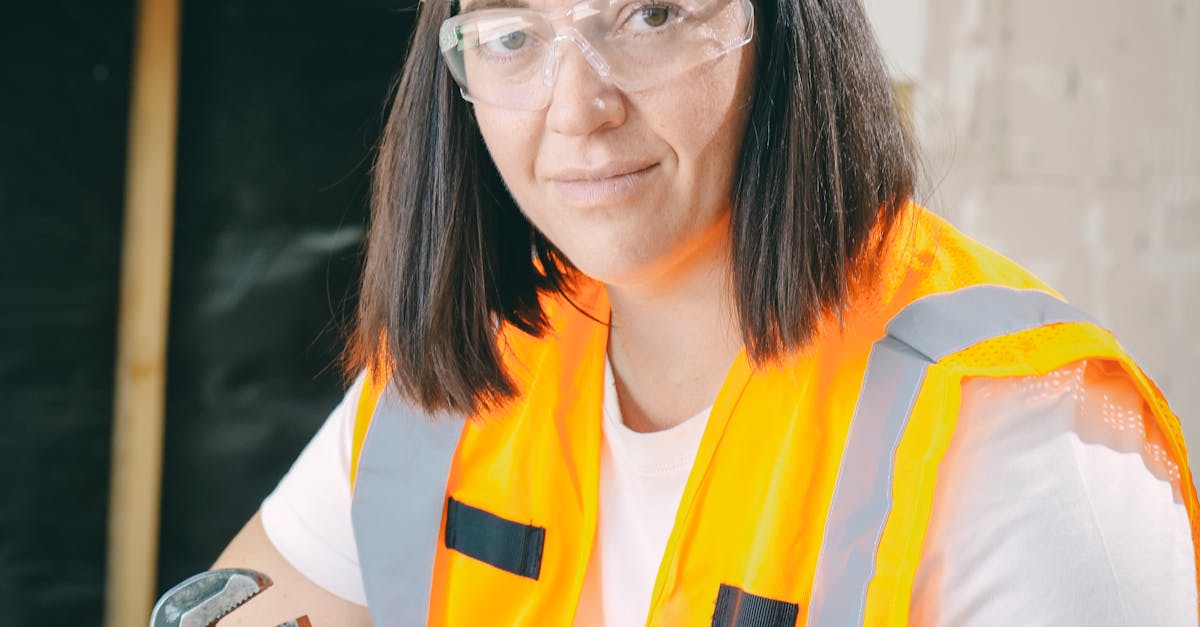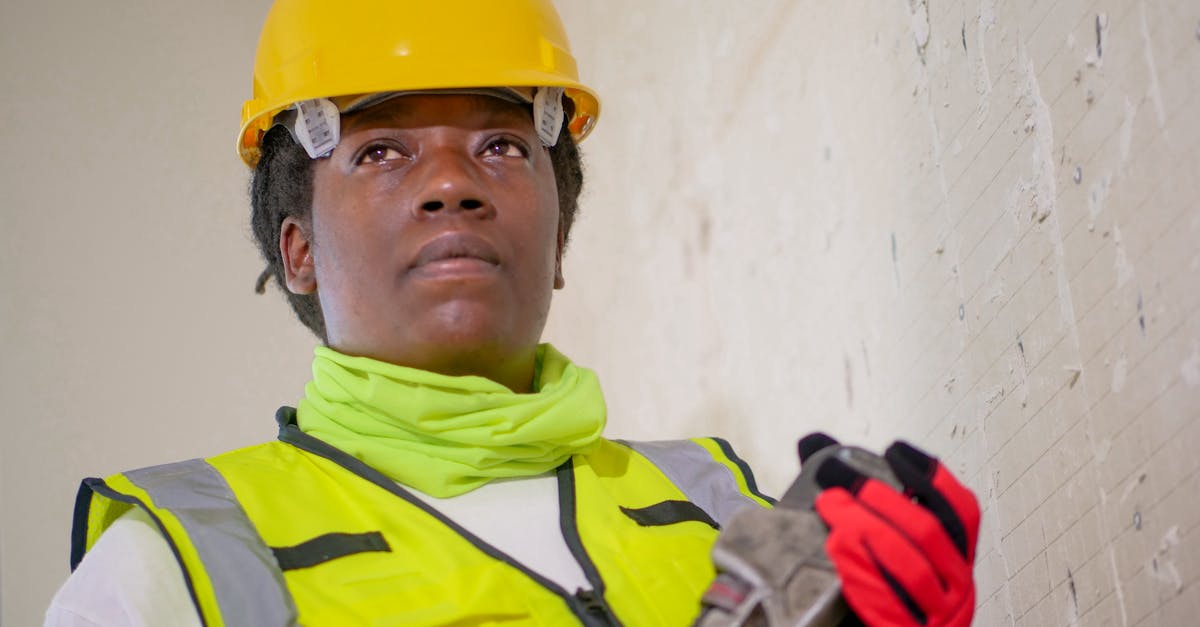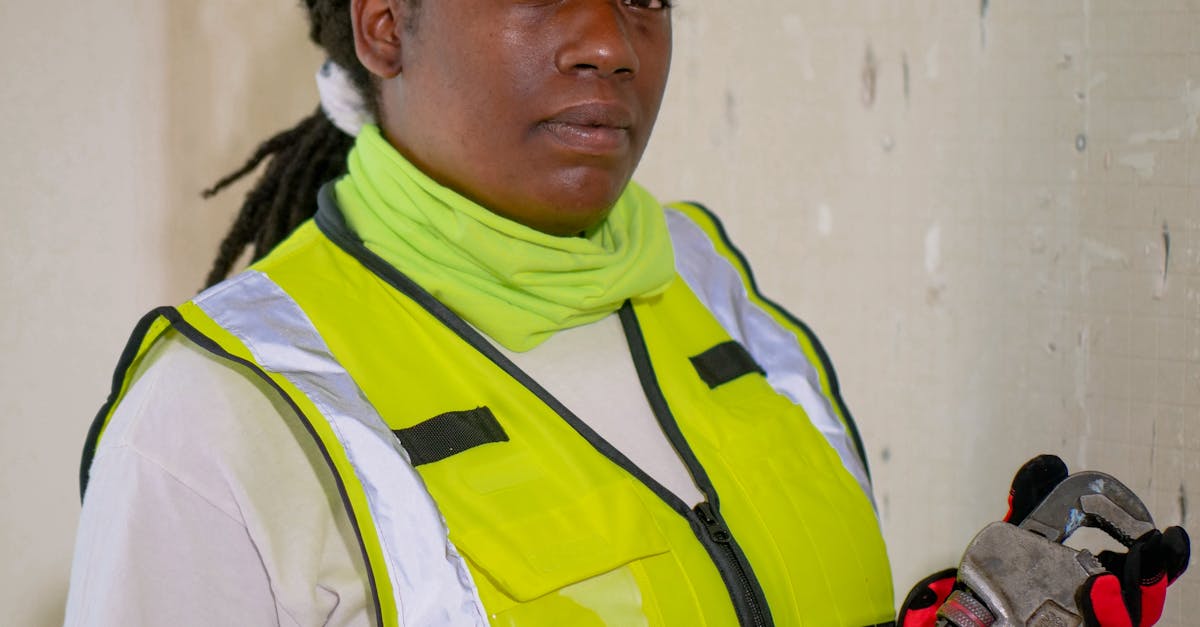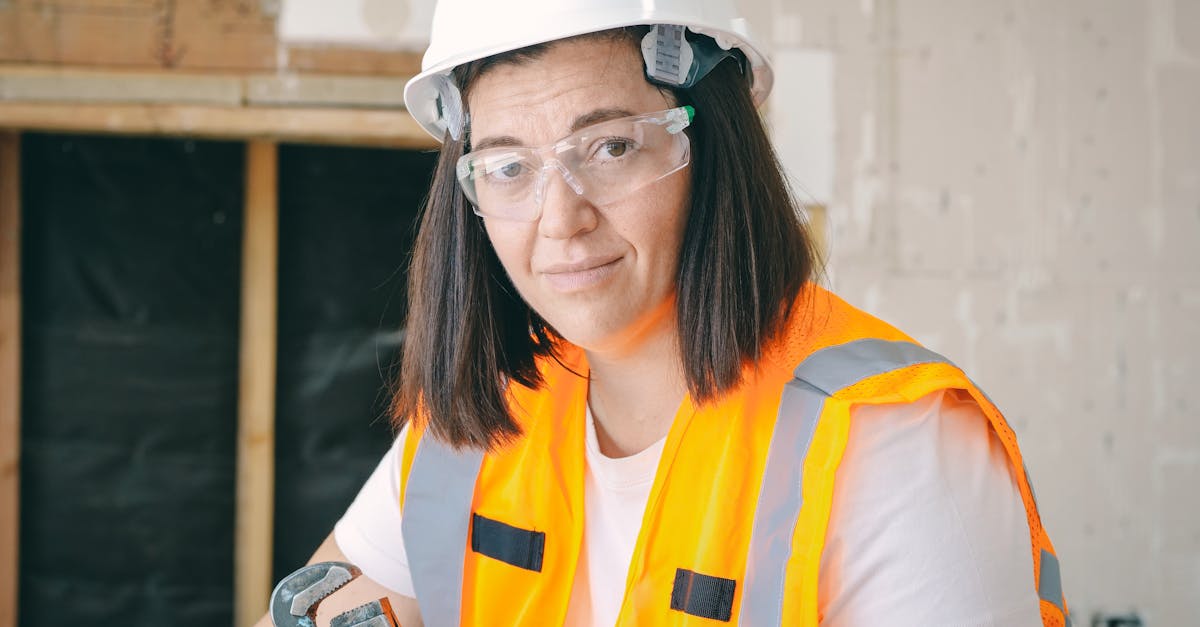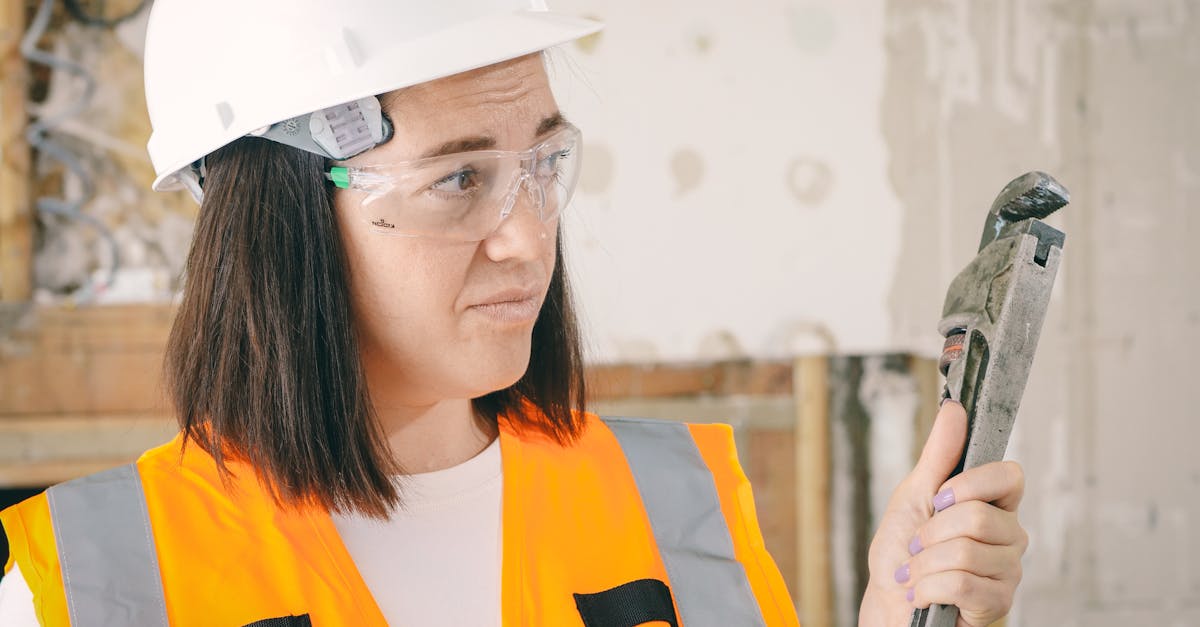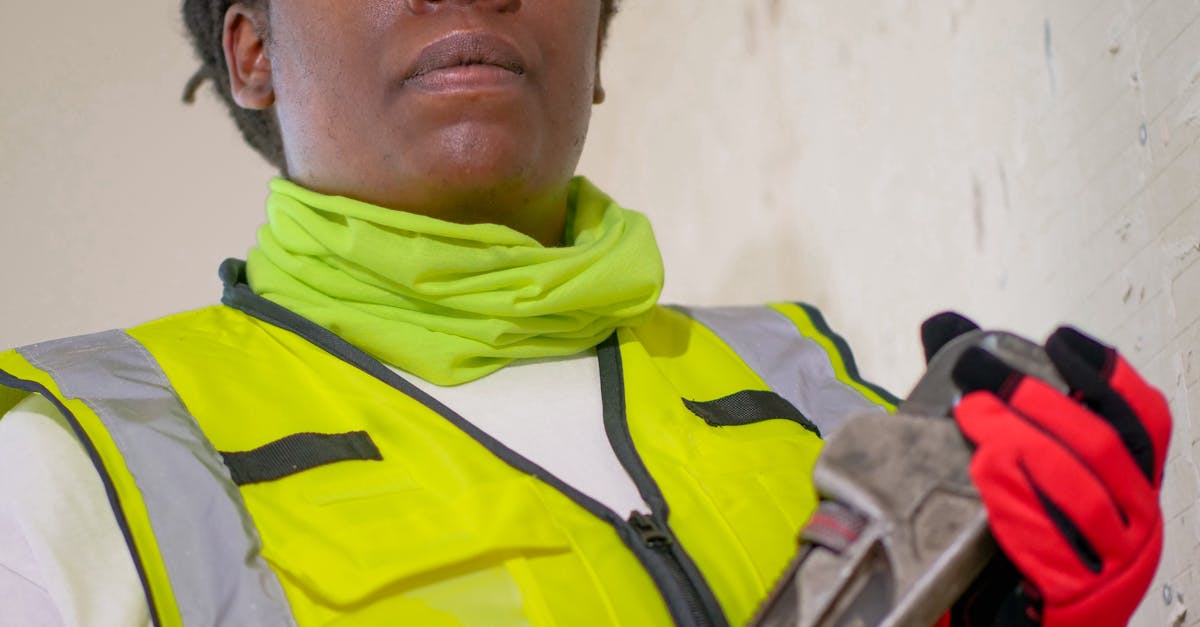
Table Of Contents
Installation Considerations
When considering the installation of a smart water heater, it is crucial to assess the existing plumbing and electrical systems in your home. Compatibility with your current setup can influence the efficiency and functionality of the water heater. Evaluating these systems prior to installation helps in determining whether modifications are necessary to accommodate the new unit. Seeking professional advice can provide insight into any potential challenges, ensuring a smoother installation process.
Water heater installation and repair requires specific knowledge and skills to comply with local regulations and safety standards. Engaging certified professionals can safeguard your investment by ensuring that the installation is completed correctly and efficiently. Attempting a DIY installation may seem cost-effective initially, but it often leads to unforeseen complications, potentially resulting in higher expenses down the line. Taking these factors into consideration can enhance the overall performance and longevity of your smart water heater.
Professional vs. DIY Installation
When considering the installation of a smart water heater, homeowners often debate between hiring a professional and attempting a DIY approach. Professional installation ensures that the heater complies with local regulations and standards. Skilled technicians have the expertise to assess existing plumbing and electrical systems, which is crucial for optimal performance and safety. They also provide warranties on their work, offering peace of mind that any potential issues will be addressed promptly.
On the other hand, DIY installation can save money and provide a sense of accomplishment. Many smart water heaters come with detailed instructions that can guide homeowners through the process. However, this choice requires a solid understanding of plumbing and electrical work. Mistakes during installation can lead to inefficiencies or even dangerous situations. Therefore, those who opt for a DIY approach should be well-prepared and confident in their abilities before undertaking water heater installation and repair.
Maintenance and Care
Regular maintenance is crucial for ensuring the longevity and efficiency of smart water heaters. Routine checks can help identify any potential issues before they escalate into more significant problems. Cleaning the system, checking for leaks, and ensuring insulation is intact can make a marked difference. Additionally, flushing the tank periodically can help remove sediment buildup, enhancing performance and energy efficiency.
Water heater installation and repair should ideally be carried out by qualified professionals who can guarantee that the job meets safety standards. Even with smart technology in place, occasional servicing is essential to keep the unit operating effectively. Checking the manufacturer's guidelines for maintenance schedules and adhering to them can help prolong the lifespan of the unit. This proactive approach can prevent costly repairs and contribute to overall savings on energy bills.
Tips for Keeping Your Smart Water Heater in Top Shape
Consistent maintenance is vital for the longevity and efficiency of a smart water heater. Regularly check the temperature settings to ensure they are optimal, typically around 60 degrees Celsius. Flushing the tank every six months helps remove sediment build-up, which can affect performance and efficiency. Investing in water heater installation and repair when necessary can prevent costly breakdowns and extend the lifespan of your unit.
Additionally, monitoring the system for any unusual noises or fluctuations in performance can alert you to potential issues. Inspecting the anode rod periodically will help prevent corrosion, ensuring that the tank remains in good condition. Keeping an eye on the water quality can also contribute to a healthier system. If any problems arise, contacting a qualified professional for water heater installation and repair is essential for safe and effective resolutions.
Cost Analysis
When evaluating the cost of smart water heaters, it is crucial to consider both the upfront investment and the potential long-term savings. Smart models often carry a higher initial price tag compared to traditional options. However, these advanced systems can lead to significant energy savings over time by optimising usage patterns and maximising efficiency. The ability to control energy consumption remotely can also mitigate costs, making them a worthwhile investment for many households.
Water heater installation and repair can also influence the overall cost analysis. Hiring a professional may add to the initial expenses, but this ensures proper installation and adherence to local regulations. Additionally, having a qualified technician conduct maintenance can prevent costly repairs down the line. As homeowners weigh the financial implications of smart water heaters, understanding these cost factors plays a pivotal role in decision-making.
Upfront Investment vs. LongTerm Savings
When considering the purchase of a smart water heater, it's important to assess the upfront investment alongside the potential long-term savings. Smart water heaters typically come with a higher initial price tag than traditional models. This cost may include advanced features and technologies that improve energy efficiency and convenience. Additionally, the installation process may also demand a professional touch, particularly if existing systems require upgrades or modifications. Water heater installation and repair can further contribute to the initial expenses, making it essential to factor these costs into your overall budget.
On the other hand, the long-term savings associated with smart water heaters can be significant. Energy-efficient models can drastically reduce utility bills, providing cost benefits over their lifespan. Many smart systems offer features like remote monitoring and automated scheduling, which optimise energy usage and prevent waste. This technological advantage ensures that you only heat water when needed, which can lead to substantial savings over time. As these units are typically designed with durability in mind, the investment may pay off with fewer repairs and replacements, making them a sound financial choice for many homeowners.
FAQS
What are smart water heaters?
Smart water heaters are advanced heating systems that use technology to monitor and manage the heating of water, often allowing for remote control and energy-saving features.
How do I choose between professional and DIY installation for a smart water heater?
Choosing between professional and DIY installation depends on your plumbing skills and knowledge of electrical systems. Professional installation is recommended for safety and warranty purposes, while DIY can save costs if you have the necessary experience.
What maintenance is required for smart water heaters?
Regular maintenance for smart water heaters includes checking for leaks, flushing the tank to remove sediment, and ensuring the heating elements are functioning properly. It's also important to update any software or apps associated with the unit.
Are smart water heaters more expensive than traditional ones?
Yes, smart water heaters generally have a higher upfront cost due to advanced technology and features. However, they can lead to long-term savings on energy bills, making them a cost-effective option over time.
How can I maximise the energy savings from my smart water heater?
To maximise energy savings, set your water heater to the most efficient temperature, schedule heating times based on your usage patterns, and consider integrating it with other smart home systems for optimal performance.







